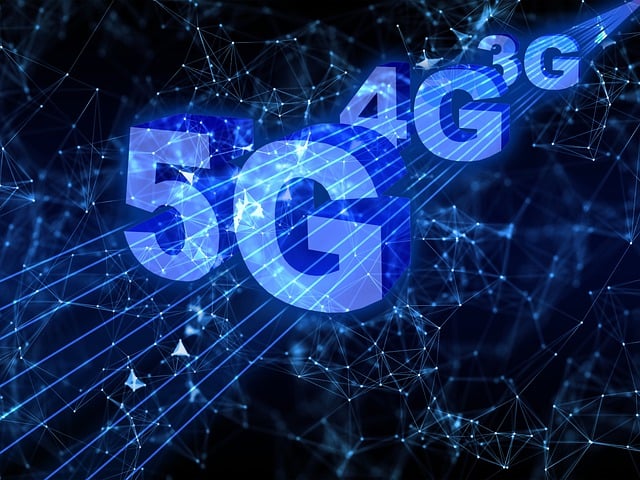Advantages or Disadvantages of 5G Network?
Advantages or Disadvantages of 5G Network?
Welcome to the Trick on Track blog! Today, we will discuss the advantages and disadvantages of 5G networks. This blog focuses on the new revolution, Five G, which has the potential to bring significant changes to our country, affecting both technology and our lives. Telecom service providers Airtel and Jio are leading the way in launching 5G services in India.
Jio Network has claimed that it will roll out 5G services in all major cities by the end of 2022, with nationwide availability expected by 2023. However, opinions about 5G are divided. While some are optimistic about its potential benefits, others are concerned about its impact on nature and health. It’s too early to predict whether 5G will be beneficial or harmful. Only time will tell.
In its initial testing phase a year ago, no significant adverse effects were reported. Scientists believe that 5G will not negatively impact human health, but we’ll have to wait and watch how things unfold.
5G Network Overview
The internet has become an integral part of our lives, and on October 1, 2022, 5G services were officially launched in India. Before this, many other countries had already introduced 5G technology.
According to official reports, 5G promises to deliver data speeds ranging from 2 GBps to 20 GBps, revolutionizing connectivity. As of now, 5G networks are available in 378 cities across 34 countries. Despite its rapid adoption, concerns about its advantages and disadvantages remain, leading to opposition in India and other countries.
However, despite these debates, Five G is expanding rapidly, and it is expected that 60% of the global population will have access to Five G services by 2025.
Five G networks could mark a significant step forward in technological advancements. However, the true impact—whether positive or negative—will only become evident with time. Stay tuned to Trick on Track for updates and in-depth discussions on technology trends!







